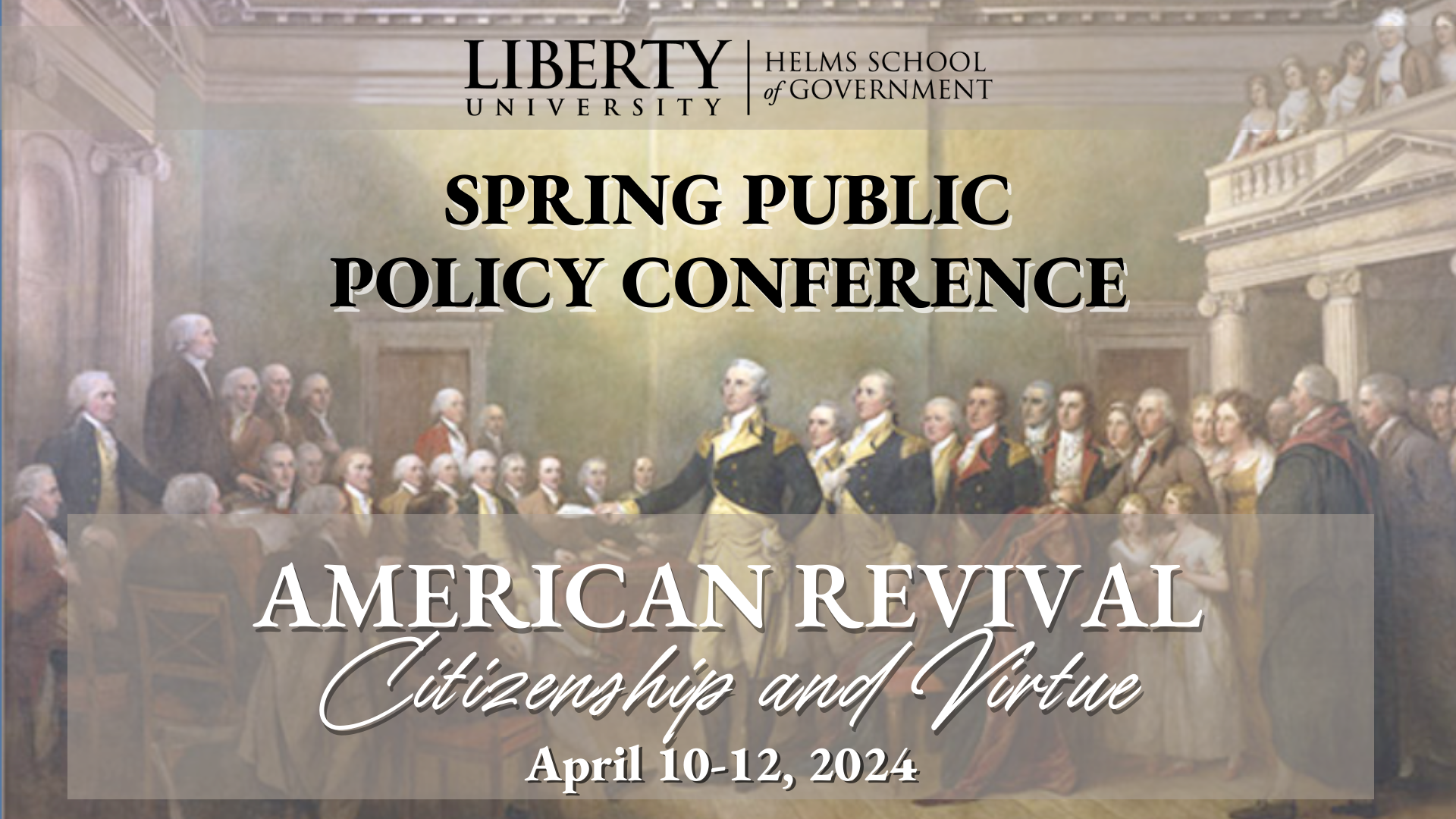Location
Rule of Law, Transparency & Accountability
Level of Education
Undergraduate
Keywords
Machiavellian, republic, virtue, principality, nature, fortune, morality
Abstract
The principles of human nature and a realist system of governance irrevocably clash in Niccolò Machiavelli’s most profound works despite his personal convictions remaining seemingly steadfast. Yet, the term ‘Machiavellian’ reflects a relatively one-sided delineation of ideas proposed by the early modern political philosopher. His principles on constructing and maintaining absolute power through corruption, immorality, provocation of fear, coercion, and a general natural human depravity are far more often associated with his legacy on modern politics. However, many alternative principles of republicanism, self-governance, popular sovereignty, and balance of power have a significant presence in his career. Many scholars view the American Founding to be in stark contrast with his most prominent, rather, his most radical theories; when in reality, the Founders utilized both ends of thought to shape a new republic. The following research analyzes the relationship between Machiavelli’s principles relative to the tyrannical nature of government evident in The Prince as they are utilized by Founders guiding the avoidance of limitless power, while the ideas proposed through Discourses conversely form the very foundation from which American Constitutionalism originates. The hypothesis presupposes, despite the overwhelming disparity in attributing Machiavelli’s contributions, his oppositions of principality are of equal relevance to modern politics and in their influence on the American Founding period. The subsequent conclusion presents Machiavelli as perhaps the most influential modern theorist; bringing together two vastly contradictory schools of thought indicative of the successes and failures of empires of the past to form an incredibly robust guide to governance.
Included in
Constitutional Law Commons, Law and Philosophy Commons, Law and Politics Commons, Natural Law Commons
The Duality of Machiavellianism in Regard to Modern Political Philosophy
Rule of Law, Transparency & Accountability
The principles of human nature and a realist system of governance irrevocably clash in Niccolò Machiavelli’s most profound works despite his personal convictions remaining seemingly steadfast. Yet, the term ‘Machiavellian’ reflects a relatively one-sided delineation of ideas proposed by the early modern political philosopher. His principles on constructing and maintaining absolute power through corruption, immorality, provocation of fear, coercion, and a general natural human depravity are far more often associated with his legacy on modern politics. However, many alternative principles of republicanism, self-governance, popular sovereignty, and balance of power have a significant presence in his career. Many scholars view the American Founding to be in stark contrast with his most prominent, rather, his most radical theories; when in reality, the Founders utilized both ends of thought to shape a new republic. The following research analyzes the relationship between Machiavelli’s principles relative to the tyrannical nature of government evident in The Prince as they are utilized by Founders guiding the avoidance of limitless power, while the ideas proposed through Discourses conversely form the very foundation from which American Constitutionalism originates. The hypothesis presupposes, despite the overwhelming disparity in attributing Machiavelli’s contributions, his oppositions of principality are of equal relevance to modern politics and in their influence on the American Founding period. The subsequent conclusion presents Machiavelli as perhaps the most influential modern theorist; bringing together two vastly contradictory schools of thought indicative of the successes and failures of empires of the past to form an incredibly robust guide to governance.



